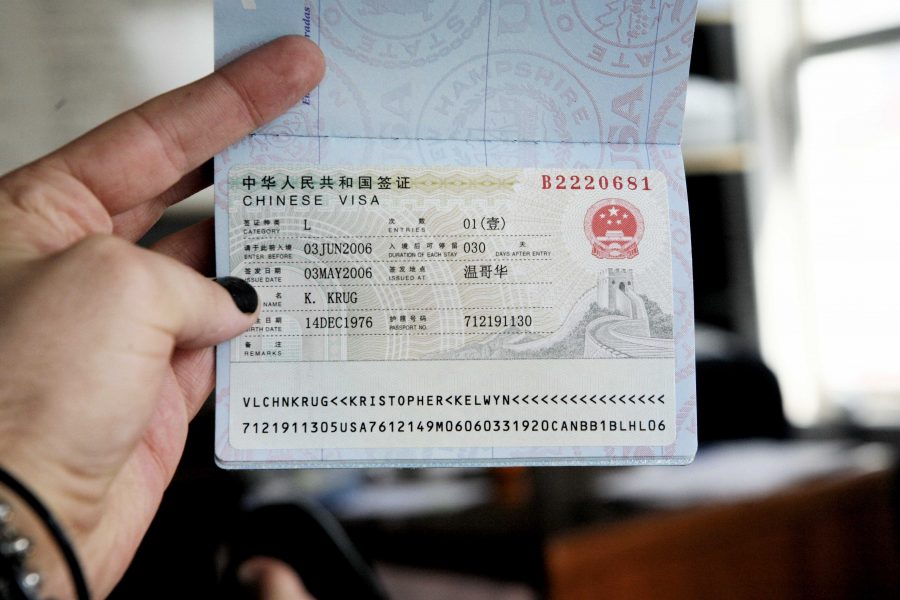This post is a paid advertisement.
Surely you must have heard about the electronic visa and how it works. The concept is not exactly new, and since more and more countries have adopted the electronic visa system, the embassies have one less job to do for you as an applicant. After all, we will always travel, and getting the proper documentation is one of the first steps we need to go through. There is no one without the other.
What is an electronic visa and how does it work?
If you are curious to know what it is and how to get one, stick around for a short synthesis. Things may seem a little bit more complicated, but in essence, an electronic visa is one of the best things that happened to travel since the invention of airplanes.
An electronic visa is a document for which you can apply online — hence the electronic part. You do not have to go to an embassy to apply for it, which makes things a whole lot easier for everyone who gets one. The issuing of the visa is still handled by a government institution, but you do not deal with it personally as you had to in the past. You fill out an online application, you provide some information and documents and your visa arrives via e-mail in just a few days.
The document you receive still bears some importance, but the actual visa is linked electronically to your passport. As you can imagine, you need a passport to apply. It has the same legal standing as a consular visa, and the requirements are pretty much the same. You should have an easy time obtaining it, which is the beauty of the electronic visa system.
While some people apply directly on government websites, a lot of companies have emerged that can handle the entire process for you. Basically, you provide all the info and the required documents, and they can apply for you. Of course, there is a fee involved, but one thing that you will like is how little effort you need to exert. In some cases, all you need is a few papers and 20 minutes of your time. As opposed to wasting an entire day at an embassy, 20 minutes on your laptop is insignificant.
What you should probably be aware of is that not everyone can apply online for any visa. More and more states issue this type of document, but not all of them do. That is why you need to do some research on the matter and see whether the visa you want is available or not. At the same time, not everyone can apply for an available electronic visa. Each state has its own visa policy, and with that policy comes a list of eligible nationalities for that particular type of visa. Needless to say, you need to check your eligibility as well.
It is not hard to see that the electronic visa has changed the game as far as traveling is concerned. In some countries, the implemented measure has improved tourism, which is why countries like Saudi Arabia, for example, adopted the electronic visa system. People are usually put off by heavy bureaucracy and red tape as far as the eye can see. When the visa application process is simple and less time-consuming, they are more drawn to the idea of visiting a specific country. If you have ever stood in a line at an embassy, then you will agree that getting a visa online is one of the newer perks of modern traveling.












